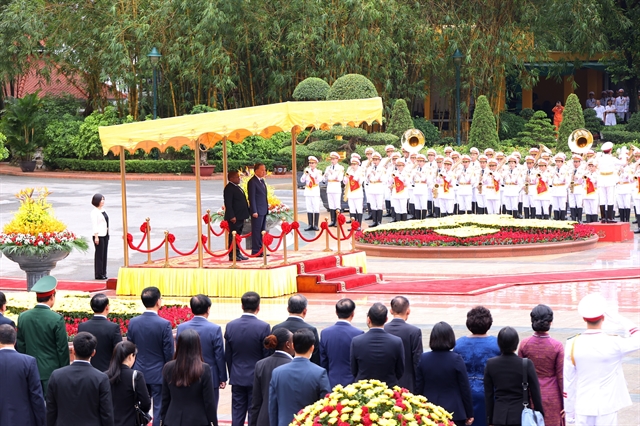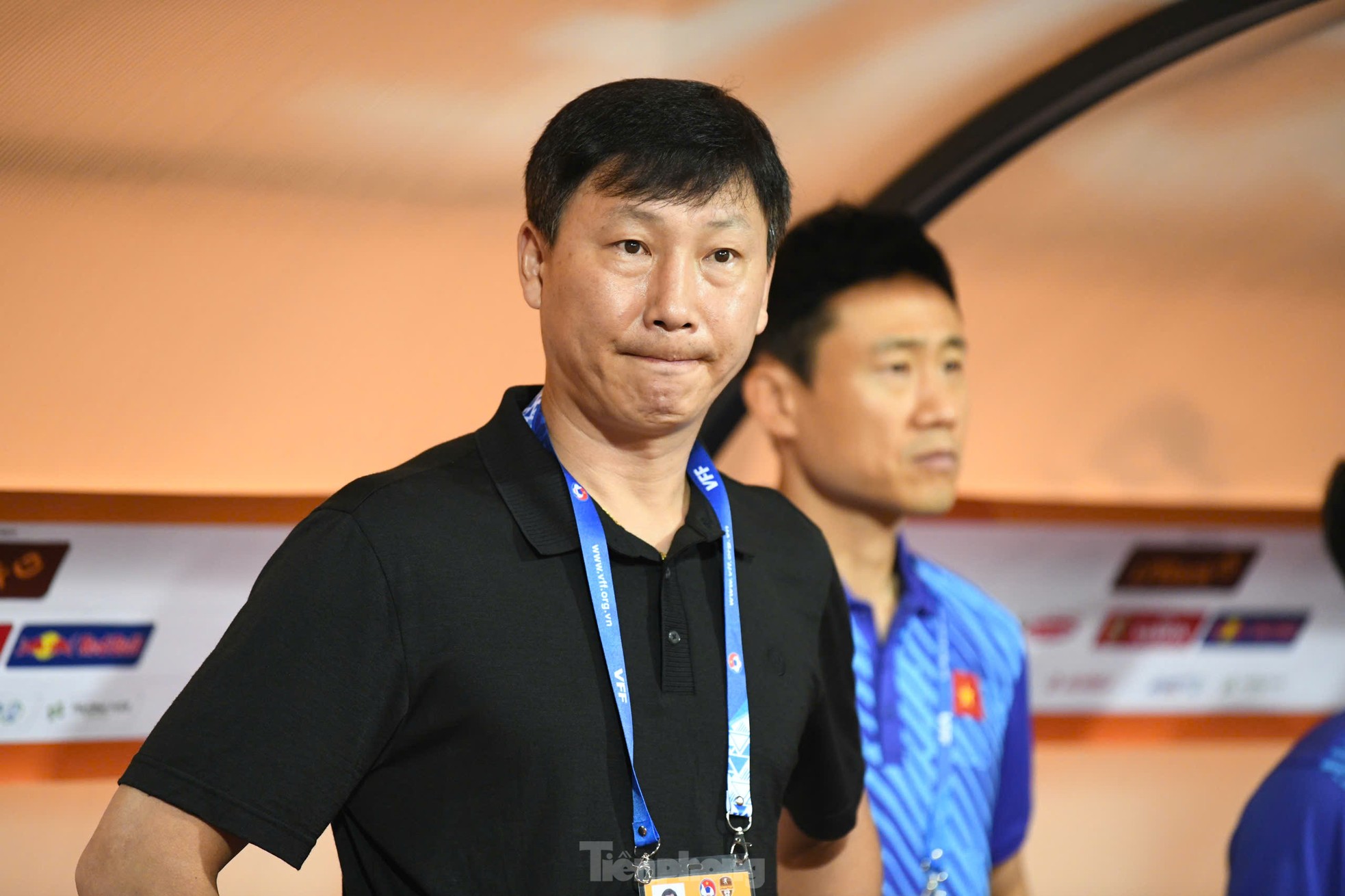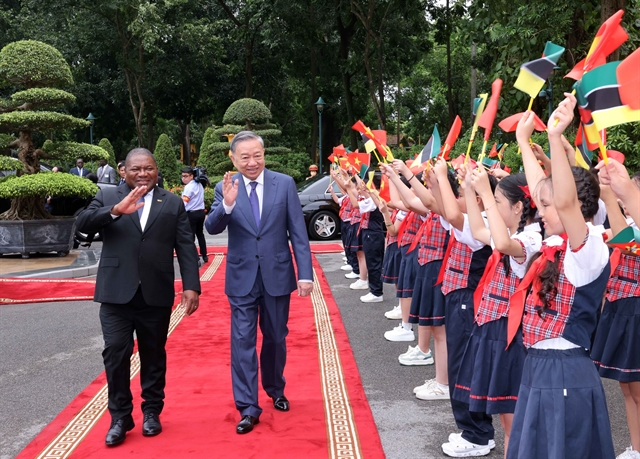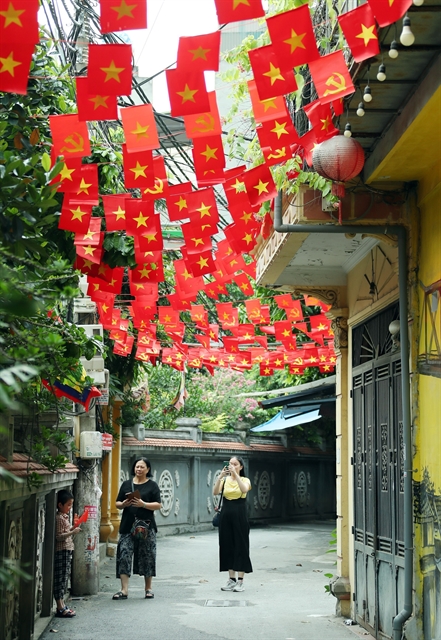▌Câu trả lời hay nhất
Therổ nba cao move aims to bolster the capital's future public transport projects, especially metro lines.

Hanoi, Moscow, and eight other major cities worldwide on August 22 agreed to join the UrbanTransportData project.
 |
| The Nhon - Hanoi Station metro line. Photo: The Hanoi Times |
The ceremony was attended by Tran Huu Bao, Deputy Director of the Hanoi Department of Transport.
UrbanTransportData is an international analytical platform aimed at benefiting the public by collecting, analyzing, visualizing, and publishing traffic indicators from cities across the globe.
The platform includes an information portal, a professional forum for experts in urban public transportation development, and a knowledge base on urban transportation.
The signing of the joint declaration was part of the third International Transport Conference held in Moscow, Russia.
At the conference, Vu Hong Truong, General Director of Hanoi Railway Company Limited, said that major cities need to prioritize developing public passenger transport systems and take urban railways as the backbone.
Since 2010, Moscow's urban transportation landscape has fundamentally transformed, leaving a strong impression on visitors to Russia's capital, he said.
He highlighted Moscow's transformation as a motivation for Hanoi to strive for similar improvements.
From an expert perspective, he noted that Moscow's experience offers valuable insights for further study.
Notably, Moscow, with its population of 15 million, boasts one of the world's best public transportation systems and the largest passenger transport network in Europe.
Maksim Liksutov, Maxim Liksutov, Deputy Mayor and Director of the Department of Transport and Road Infrastructure Development of Moscow, said that urban transport planning plays a crucial role in improving the quality of life, particularly in megacities.
The conference is an opportunity for researchers, policymakers, and managers in the transportation sector to share experiences and data, enabling them to analyze the efficiency of public transportation use in major cities, he said.
The participation of several populous Asian cities would contribute to more substantive discussions on addressing transportation challenges, he added.
Liksutov pledged that Moscow is ready to share its high-tech urban transportation development experience, including digital technology and artificial intelligence (AI).
Reducing emissions in transportation was also a topic of interest for the Vietnamese delegation, aligning with their commitment to achieving net-zero emissions by 2050.
In recent years, Hanoi has made progressive moves to develop urban metro lines. In late 2021, Vietnam’s capital put its first metro route, Cat Linh – Ha Dong, into operation.
On August 8, the city celebrated the opening of its second urban railway line, Nhon - Hanoi Station, which marks a significant step forward in addressing traffic congestion and environmental pollution in Vietnam's major cities.
In just the first week of operation, the elevated section of the Nhon - Hanoi Station metro line served nearly 400,000 passengers, with a record of over 100,000 passengers on August 11.
Hanoi plans to complete building a total of 15 metro lines in 2045. The total cost for the mega projects is estimated at some US$55 billion.
The 3rd International Transport Conference in Moscow, held from August 22-23, featured reports on Moscow's urban transportation achievements, city delegates sharing their experiences, and discussions on the UrbanTransportData project, among other specialized topics like Transportation Security, Ecology, and Urban Rail System Integration.
This year's event saw a significant increase in international participation, with over 100 delegates from 28 cities, including Beijing, Dubai, São Paulo, Antalya, Hanoi, and Ho Chi Minh City, compared to 60 representatives from eight cities in 2023.












